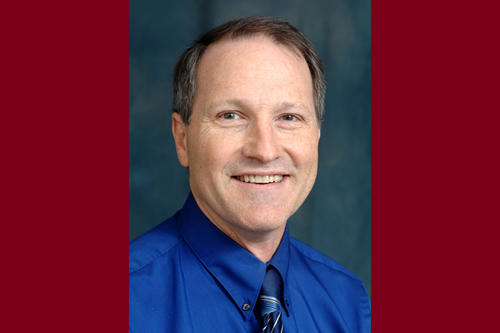
From 2003-2018, independently-owned rural pharmacies declined approximately 16 percent according to data from the National Council for Prescription Drug Programs. The closing of rural pharmacies affects vulnerable demographics, such as the elderly and those suffering from chronic illnesses—leading to poorer health outcomes for individuals and their communities. This is because independently-owned pharmacies are more likely to be a sole source of pharmaceutical services.
University of Minnesota College of Pharmacy expert Dr. Michael Swanoski is available to comment on opportunities for local pharmacists to reverse the downward trend.
Michael Swanoski
“Patients who receive their care at independent pharmacies often develop more trusting relationships with their pharmacist and rely on them to a greater extent compared to a large chain pharmacy. Pharmacists practicing in independent pharmacies may have more time to spend with patients, not only in providing medication education and advice, but also helping them navigate insurance challenges or the necessity to see their physician.
“Independent pharmacies must explore opportunities for expanding the number of patients they serve as well as the services they provide. There may be opportunities to provide medications for patients living in nursing homes or assisted living facilities. Expanding services at the pharmacy to include immunization administration, comprehensive medication management, and collaborative practice agreements with medical providers that allow pharmacists to manage chronic conditions such as hypertension and diabetes should be considered.”
Michael Swanoski, PharmD, BCGP, FASCP, is a senior associate dean and associate professor at the Department of Pharmacy Practice and Pharmaceutical Sciences in the College of Pharmacy, Duluth. His scholarly focus is population health using epidemiological research and analytical methods. He is a fellow of the American Society of Consultant Pharmacists and is a Certified Geriatric Pharmacist.
Contact information
Michael Swanoski
[email protected]
218-726-6019 (o)
Laurie Fosnacht, administrative assistant
[email protected]
218-726-6001 (o)
About University of Minnesota experts
University of Minnesota experts can provide commentary, insights and opinions on various news topics. See selected experts on UMN’s Experts Guide or inquire about additional experts via email at [email protected].
About the College of Pharmacy
Founded in 1892, the University of Minnesota College of Pharmacy is the only pharmacy school in Minnesota, with campuses in the Twin Cities and in Duluth. The College of Pharmacy improves health through innovative education, pioneering research and interdisciplinary practice development that attends to the diverse needs of the people of Minnesota and the world.
- Categories:
- Health




